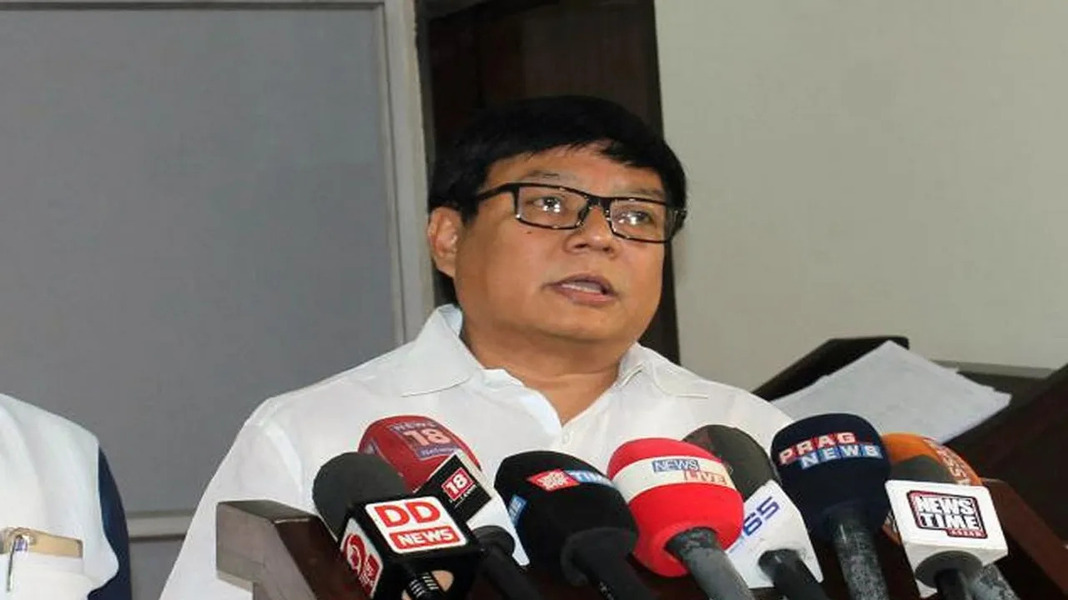Guwahati, Dec 24: Leader of Opposition in the Assam Legislative Assembly, Debabrata Saikia, has called on Chief Minister Himanta Biswa Sarma to ensure a fair and transparent selection process for the Orunodoi 3.0 scheme. The scheme, which aims to provide financial assistance to vulnerable sections, has come under criticism for alleged irregularities.
In a letter to the Chief Minister, Saikia accused a group of touts of exploiting the scheme by charging applicants Rs 2,000 to Rs 5,000 a bribe for income certificates.
He alleged that some ruling party leaders were complicit in this malpractice, prompting the state finance department to issue a circular eliminating the requirement for income certificates.
“The finance department’s circular contradicts the government’s earlier announcement that only individuals with an annual income below Rs 2 lakh would be eligible for the Orunudoi 3.0,” Saikia said.
Saikia argued that without income certificates, wealthier individuals could unjustly benefit, leaving low-income families at a disadvantage.
Saikia called for the withdrawal of the circular, reinstating the income certificate requirement to ensure the benefits reach the intended recipients.
He also demanded that ration cards be issued to all individuals earning less than Rs 5 lakh per annum, in line with previous election promises made by the BJP.
The Opposition leader suggested increasing the monthly benefit under the scheme from Rs 1,250 to Rs 8,000 to provide more meaningful assistance to beneficiaries.
He supported the scheme’s focus on vulnerable groups, such as unmarried women, widows, differently-abled individuals, and women with serious illnesses, and urged strict adherence to these criteria.
The Orunodoi 3.0 scheme is a key welfare initiative aimed at supporting marginalized communities. However, allegations of corruption and inconsistent implementation threaten to undermine its objectives.
Saikia’s demands for transparency, better policy alignment, and enhanced benefits aim to restore faith in the program and ensure equitable distribution of resources.




